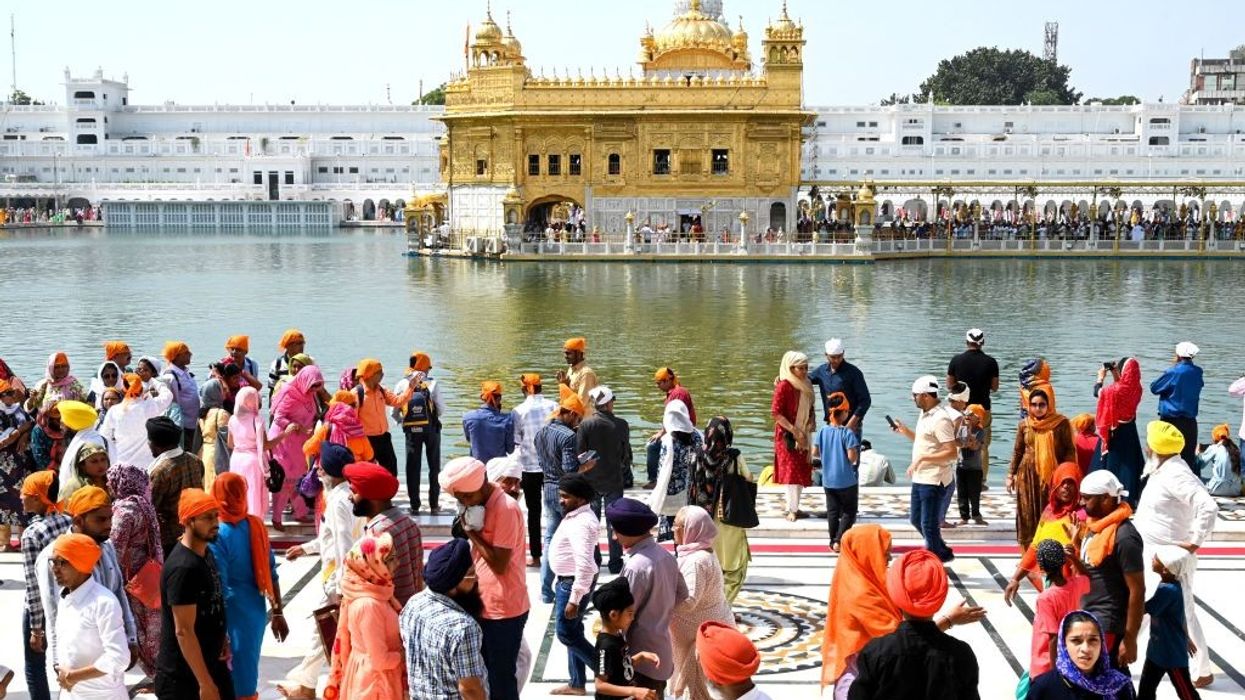In a landmark decision, the Virginia State Board of Education on Thursday (20) approved new social studies standards that will incorporate the Sikh faith, also known as Sikhi, into the school curriculum for the first time ever.
This move will provide over one million students in Virginia with the chance to learn about Sikhism, according to the Sikh Coalition.
The History and Social Science Standards of Learning have been updated to reflect this change.
Virginia is now the 17th in a growing list of US states that have worked with the Sikh Coalition to include accurate information about Sikhs in their public-school social studies standards, according to a statement.
Utah and Mississippi were the 15th and 16th States in the US to include information about Sikhism, Sikh practices, and traditions in their social studies syllabi.
“After more than two years of engagement alongside the local ‘sangat’, this change will help to ensure that Sikhi can be taught in classrooms across the Commonwealth of Virginia,” said Harman Singh, Sikh Coalition senior education manager.
“Inclusive and accurate standards are an important first step to combat bigotry and to reduce bullying, and they benefit all students by increasing cultural competency,” he said.
In its statement, the Sikh Coalition noted that the new social studies standards come with serious and well-documented flaws, and there are many communities that are not represented as they should be.
“We continue to fight for not just the Sikh community, but all groups whose histories should be taught accurately,” said the statement.
Sikhism is one of the largest religions in the world and the members of the community have contributed to American society for over 125 years in the fields of civil rights, politics, agriculture, engineering, and medicine.
(PTI)





